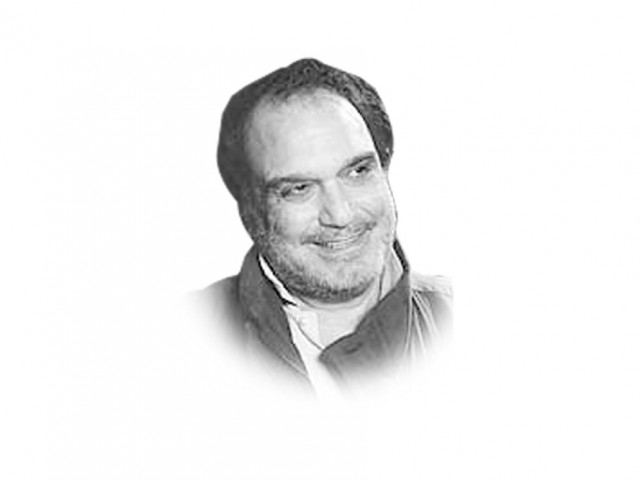Religion without ethic
There is little consciousness of ethic in us because of the way we understand religion, which ties ethics to piety.

According to Mashriq (October 12, 2011), Pakistan’s pace bowler, Sohail Tanvir, got married (nikah) to a doctor but immediately after the wedding, his former wife, Nosheen appeared on the scene saying he had secretly married her earlier and, had a daughter with her and had not taken permission under law from her for his second marriage. There is a one year prison sentence for violating the law based on an old ordinance. The clergy of Karachi’s powerful Banuri Mosque rallied to his defence: he did not need to ask his first wife before marrying again.
There is little consciousness of ethic in us because of the way we understand our religion. It deals with piety through worship. Once attained, piety is supposed to ensure ethical conduct. Therefore, religiosity is what we emphasise and practise it to make others believe that we also observe ethic. Let us see what ethic is in essence. Ethic has nothing to do with worship or religious morality. It is described by work and work is described by contract. Simply put, if you are selling a bottle of pills and the label on the bottle says there are a hundred pills in it, then this label is your contract. If the pills are short by any number, you have breached your contract. You are thus guilty of unethical behaviour.
The modern state separated religious morality from ethics and legislated on the basis of the latter. What you do with regard to demands of piety is not the business of the state. Any penal code is the repository of ethic. Only a religious state will make its constitution demand piety, as ours does in some of its articles. Protestantism in the 16th century broke from Rome because it saw religiosity overriding the socially more important requirement of ethic. You could actually buy exemption from the Church of Rome! The ritual of Hajj does that job for us; even a qawwali can do it to some extent. And the cricket team can buy exemption by praying in public and by doing prostrations on the pitch.
Max Weber’s book The Protestant Ethic and the Spirit of Capitalism (1930) is a world classic. It is significant in our discussion because it talks of the work ethic. He thought that ethic as a judgement on the fulfilment of contract came only after the Protestants had broken from the Roman Catholic Church and its sacramental authority. Deprived of spiritual reliance, they instead developed a social system Francis Fukuyama, an American political scientist, political economist and author, equates with trust. Weber had separated the Protestant northern Europe from Roman Catholic southern Europe in the application of his theory, saying that the economic integrity of the south would always be less sound. Today, most Roman Catholic societies are less economically competent than non-Catholic ones.
Sin is a private act; a breach of ethic is a crime and has a retarding effect on society. In the religious state of Pakistan, sin and crime are conflated. A man with a bottle of wine in his car is a criminal; so is the robber who breaks into your house and rapes your wife. The sinner is scared and unarmed; the criminal is violent and armed. The police will prefer to go after the sinner because it is safer. A breach of ethic is not considered worthy of note.
Published in The Express Tribune, December 4th, 2011.
















COMMENTS
Comments are moderated and generally will be posted if they are on-topic and not abusive.
For more information, please see our Comments FAQ